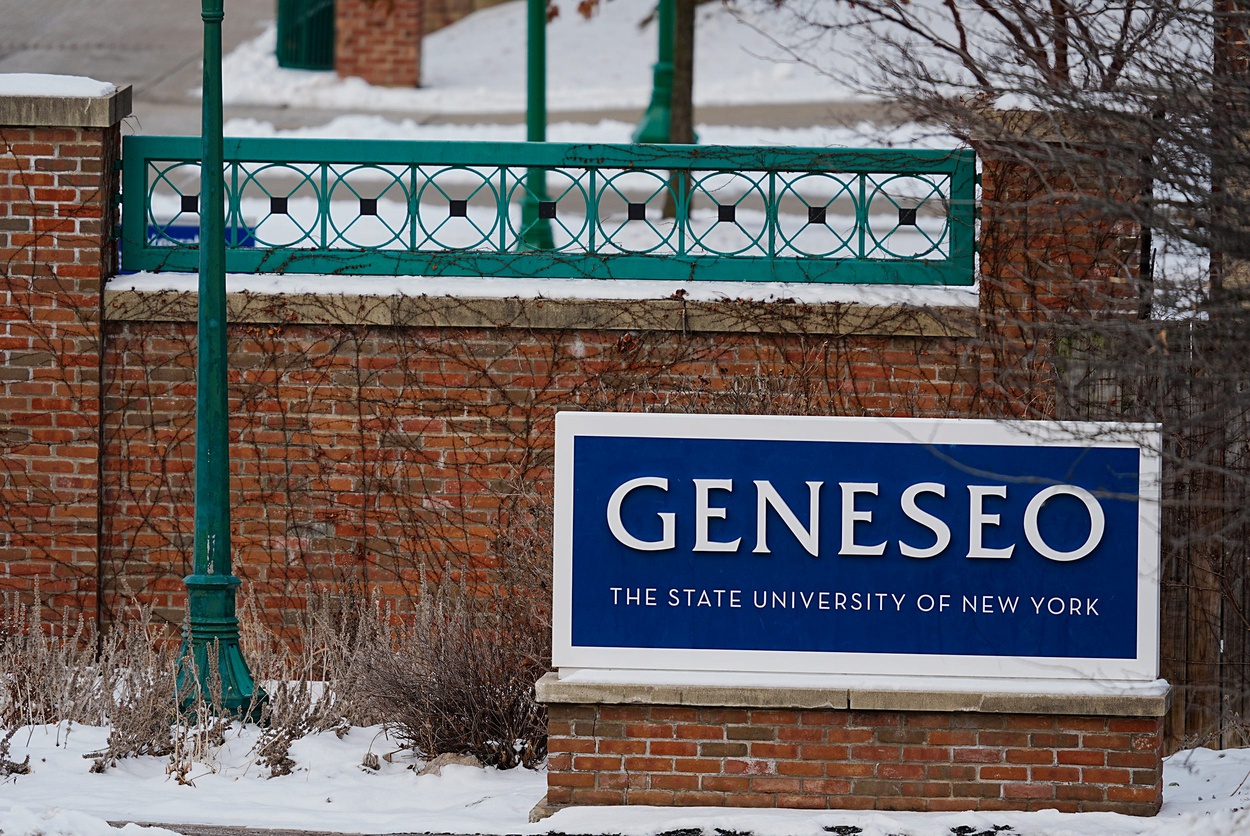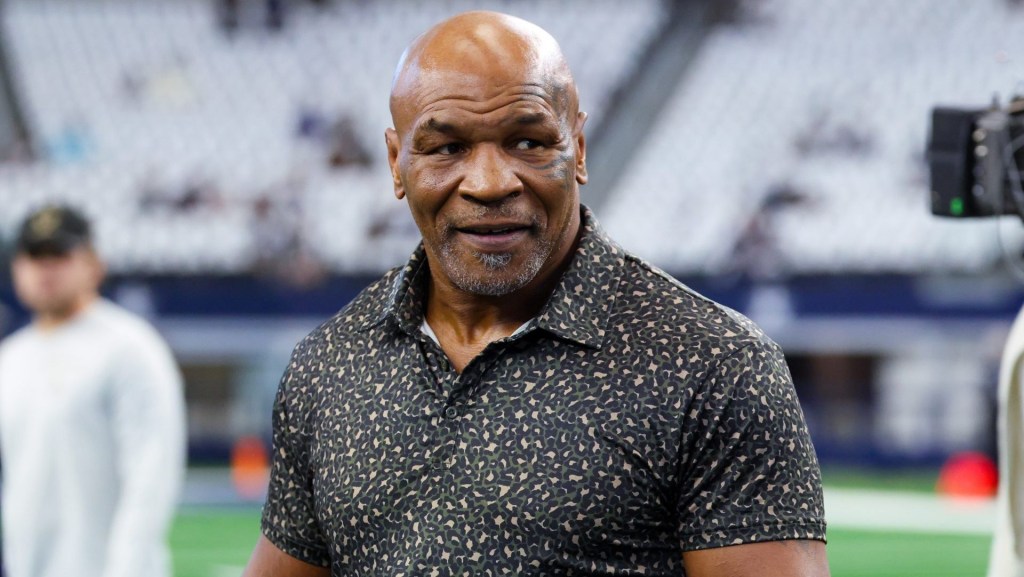SUNY Geneseo, members of its athletic department, the NCAA, and New York State have been sued by a transgender runner who claims she was barred from participating in a race and told the only “solution” would be an exhibition event where she competed by herself.
The allegations come in the form of two nearly identical suits—filed in separate New York state courts, one against the NCAA and two of SUNY Geneseo’s athletic department executives, and another against the school and New York State.
The plaintiff is Sadie Schreiner, who in August sued Princeton and the organizers of a track meet over claims she was illegally disqualified 15 minutes before her race was set to begin due to her gender identity. Schreiner transitioned in high school and was a Division III women’s All-American at the Rochester Institute of Technology, where she had significant success, including becoming a two-time All American.
According to the new suits, Schreiner signed up in March of this year, to participate as an unattached runner, in the women’s 200 meter and 400 meter races held at the Geneseo Early Invitational. The suits say she was one of more than a dozen people who signed up to compete as unattached athletes not affiliated with the school, a fairly common practice at races like this provided the runner has met certain qualifications, such as prior official times, eligibility requirements, or registration deadlines.
The suits claim SUNY Geneseo went against the “welcoming atmosphere” it advertises on its website, when Christopher Popovici, head coach of the track and field team, responded to Schreiner via email on March 29 and said she could not run as a woman.
According to the suits, Popovici said “the understanding that I’ve been given by the NCAA is that due to the meet being under NCAA rules, even as an unattached athlete, you would need to compete in your birth gender category as a competitor under that set of rules. If I were to not follow the NCAA meet procedures, it opens the meet up or event up to being invalidated for all the competitors.”
If Schreiner was set on competing as a woman, the only “solution” would be for her to do so at an “exhibition event where you compete by yourself,” Popovici allegedly said.
The suits seek rulings that this was unlawful under New York State law, as well as an unspecified amount of damages to be determined at trial.
The NCAA policy Popovici was referring to was announced in February, the month before Schreiner signed up for the race, and was in line with an executive order signed by President Trump. That order was aimed at banning transgender athletes from competing in women’s sports in schools.
“Despite acknowledging that state law supersedes the NCAA Trans Ban, the NCAA continued to compel SUNY Geneseo to break state law and exclude Sadie Schreiner from competing in women’s events,” the suit that names the NCAA as a defendant says.
A representative for the NCAA said in an emailed statement to Front Office Sports that “college sports are the premier stage for women’s sports in America, and while the NCAA does not comment on pending litigation, the Association and its members will continue to promote Title IX, make unprecedented investments in women’s sports and ensure fair competition in all NCAA championships.”
“The NCAA’s policy aligns with federal policy and permits all student-athletes to compete in the open category,” the statement said.
A representative for Geneseo told FOS via email that the school “is a member institution of the NCAA. We will not comment further due to pending litigation.”
Schreiner’s attorney, Susie Cirilli of Cirilli LLC, is also representing her in the Princeton lawsuit, which did not name the NCAA as a defendant. Cirilli is also representing a transgender long-distance runner who sued Swarthmore College and the NCAA in August over claims her college track career “suddenly was halted” in February when the Division III school chose to adhere to the new NCAA policy.
In addition, Cirilli is representing a transgender woman who claimed in a lawsuit filed in June that she was kicked out of the Tennis League Network—a platform that organizes adult amateur tennis leagues—following one match that took place in March. All of the lawsuits remain ongoing.
Cirilli tells FOS that “as stated in the complaint, the track meet at issue was open to members of the public. SUNY Geneseo violated New York State law when it excluded Sadie because she is a transgender woman.” As for the NCAA, she says “we stand by the allegations in the complaint. The NCAA actively participated in aiding and abetting SUNY Geneseo in affecting the discrimination against Sadie.”
The individual defendants and the New York State attorney general’s office did not immediately respond to requests for comment Monday.





![[Subscription Customers Only] Jun 15, 2025; Seattle, Washington, USA; Botafogo owner John Textor inside the stadium before the match during a group stage match of the 2025 FIFA Club World Cup at Lumen Field.](https://frontofficesports.com/wp-content/uploads/2026/02/USATSI_26465842_168416386_lowres-scaled.jpg?quality=100&w=1024)
![[Subscription Customers Only] Jul 13, 2025; East Rutherford, New Jersey, USA; Chelsea FC midfielder Cole Palmer (10) celebrates winning the final of the 2025 FIFA Club World Cup at MetLife Stadium](https://frontofficesports.com/wp-content/uploads/2026/02/USATSI_26636703-scaled-e1770932227605.jpg?quality=100&w=1024)










